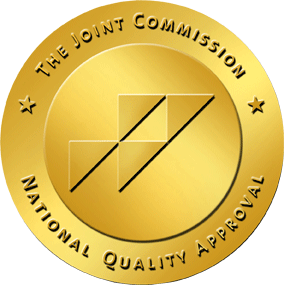We’re here for your client AND for you.
When your client needs a more intensive form of treatment, our team provides next-level care that gets the results you both want.
We’re here for your client AND for you.
When your client needs a more intensive form of treatment, our team provides next-level care that gets the results you both want.
Know a client who could benefit from the Skyway approach?
1. Make the Referral
We are available for consultation with providers prior to making a referral to insure client fit for our services.
When you refer your clients to our care, we’ll perform a comprehensive initial assessment and offer recommendations or alternatives to both you and your client.
Following the initial assessment, our team will connect with you to review our recommendations and get collateral and clinical information.
2. Stay Connected
3. Ensure a Smooth Transition
Depending on your client's needs, we might provide up to two weeks of additional skills coaching after discharge, or hold a transition session with you and the client to review what new skills have been the most helpful for them.
DBT Experts Researching Your Client's Best Treatment Options
Skyway is a full fidelity comprehensive DBT program offering continuing training for our staff members.
Full Fidelity DBT Treatment
Skyway is one of the few “full fidelity” DBT treatment centers in the country.
That means our treatment approach includes:
- Daily DBT Skills groups
- Two times a week individual therapy
- Phone coaching outside of program hours with a DBT clinician to help you put your strategies to use in real life
- Staff participation on a DBT Consultation Team which functions as “therapy for the therapist”
- Self-Injury
- Suicide Attempts
- Suicidal Ideation
- Emotion Dysregulation
- Eating Disorders / Disordered Eating
- Mood & Anxiety Disorders
- Trauma and Traumatic Stress Disorders
